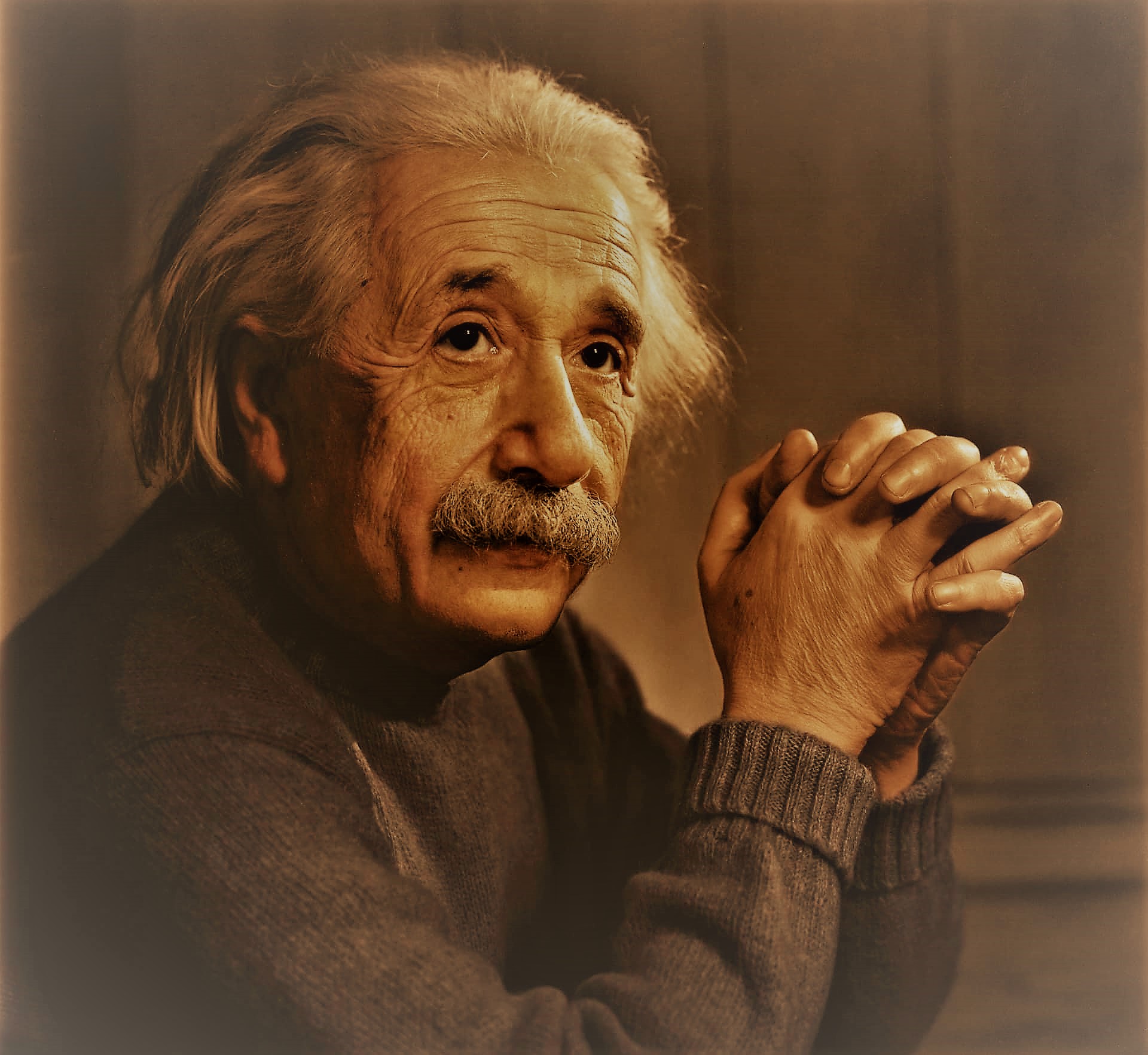Albert Einstein is one of the most renowned scientists in history, known for his groundbreaking contributions to physics and his unique personality. His theories, particularly the Theory of Relativity, have transformed our understanding of space, time, and energy. In this article, we will explore three fascinating facts about Albert Einstein that highlight his genius and character.
Understanding Einstein's life and contributions can provide insights into the nature of scientific discovery and the human experience. From his early years to his later achievements, each phase of his life offers lessons that resonate today. Let's delve deeper into who he was and what made him an icon of modern science.
As we uncover these facts, we aim to not only celebrate Einstein's intellect but also to inspire a deeper appreciation for the scientific endeavors that shape our world. Together, we will explore the aspects of his life that often go unnoticed yet contribute significantly to his legacy.
Table of Contents
- Biography of Albert Einstein
- Fact 1: The Theory of Relativity
- Fact 2: Nobel Prize in Physics
- Fact 3: Advocacy for Peace
- Conclusion
Biography of Albert Einstein
Albert Einstein was born on March 14, 1879, in Ulm, Germany. He showed an early interest in mathematics and physics, and by the age of 16, he had already mastered calculus. After completing his education, he worked as a patent examiner while developing his theories on the nature of light and time.
| Data Pribadi | Detail |
|---|---|
| Nama Lengkap | Albert Einstein |
| Tanggal Lahir | 14 Maret 1879 |
| Tempat Lahir | Ulm, Jerman |
| Wafat | 18 April 1955 |
| Pendidikan | ETH Zurich |
| Pekerjaan | Fisikawan, Penulis |
Fact 1: The Theory of Relativity
One of Einstein's most significant contributions to science is the Theory of Relativity, which comprises two parts: Special Relativity and General Relativity. Special Relativity, published in 1905, introduced the famous equation E=mc², demonstrating the relationship between mass and energy. This revolutionary idea changed how scientists view the universe.
Special Relativity
Special Relativity challenges traditional notions of space and time. It asserts that the laws of physics are the same for all observers, regardless of their relative motion. This led to the conclusion that time can dilate and lengths can contract depending on the observer's speed. The implications of this theory continue to influence modern physics, including the development of technologies like GPS.
General Relativity
General Relativity, published in 1915, expanded on these ideas by incorporating gravity into the framework. It describes gravity not as a force but as a curvature of spacetime caused by mass. This groundbreaking perspective has been confirmed through numerous experiments and observations, such as the bending of light around massive objects.
Fact 2: Nobel Prize in Physics
In 1921, Albert Einstein was awarded the Nobel Prize in Physics, not for his theories of relativity, but for his explanation of the photoelectric effect. This phenomenon demonstrated that light can behave as both a wave and a particle, a concept that laid the groundwork for quantum mechanics.
Photoelectric Effect
The photoelectric effect occurs when light hits a material and causes the emission of electrons. Einstein's work in this area provided crucial evidence for the particle theory of light, which was a major turning point in understanding electromagnetic radiation. His findings have had significant implications for various technologies, including solar panels and photo detectors.
Impact of the Nobel Prize
Receiving the Nobel Prize elevated Einstein's status in the scientific community and made him a global icon. His recognition also helped to popularize scientific inquiry and foster public interest in physics during the early 20th century.
Fact 3: Advocacy for Peace
Beyond his scientific contributions, Albert Einstein was a passionate advocate for peace and social justice. He spoke out against war and violence, particularly during the tumultuous times of World War I and World War II. He believed in the responsibility of scientists to consider the societal implications of their work.
Political Activism
Einstein was an outspoken critic of nationalism and militarism. He urged for disarmament and was involved in various peace movements. His views on political and social issues reflected a deep concern for humanity and a desire for a more just world.
Legacy of Advocacy
Einstein's legacy as a peace activist continues to inspire individuals and movements around the globe. His belief in the interconnectedness of science and ethics serves as a reminder of the role that scientists can play in addressing global challenges.
Conclusion
In conclusion, Albert Einstein's life and work encompass remarkable achievements that extend beyond theoretical physics. His contributions, including the Theory of Relativity, the Nobel Prize-winning explanation of the photoelectric effect, and his advocacy for peace, illustrate the multifaceted legacy he left behind. As we reflect on these facts, we are reminded of the importance of curiosity, compassion, and responsibility in our pursuit of knowledge.
We encourage you to leave a comment below sharing your thoughts on Einstein's impact on science and society. Feel free to share this article with others who may find it inspiring or interesting. Additionally, explore other articles on our site to continue your journey of discovery.
Thank you for reading, and we hope to see you again soon!




